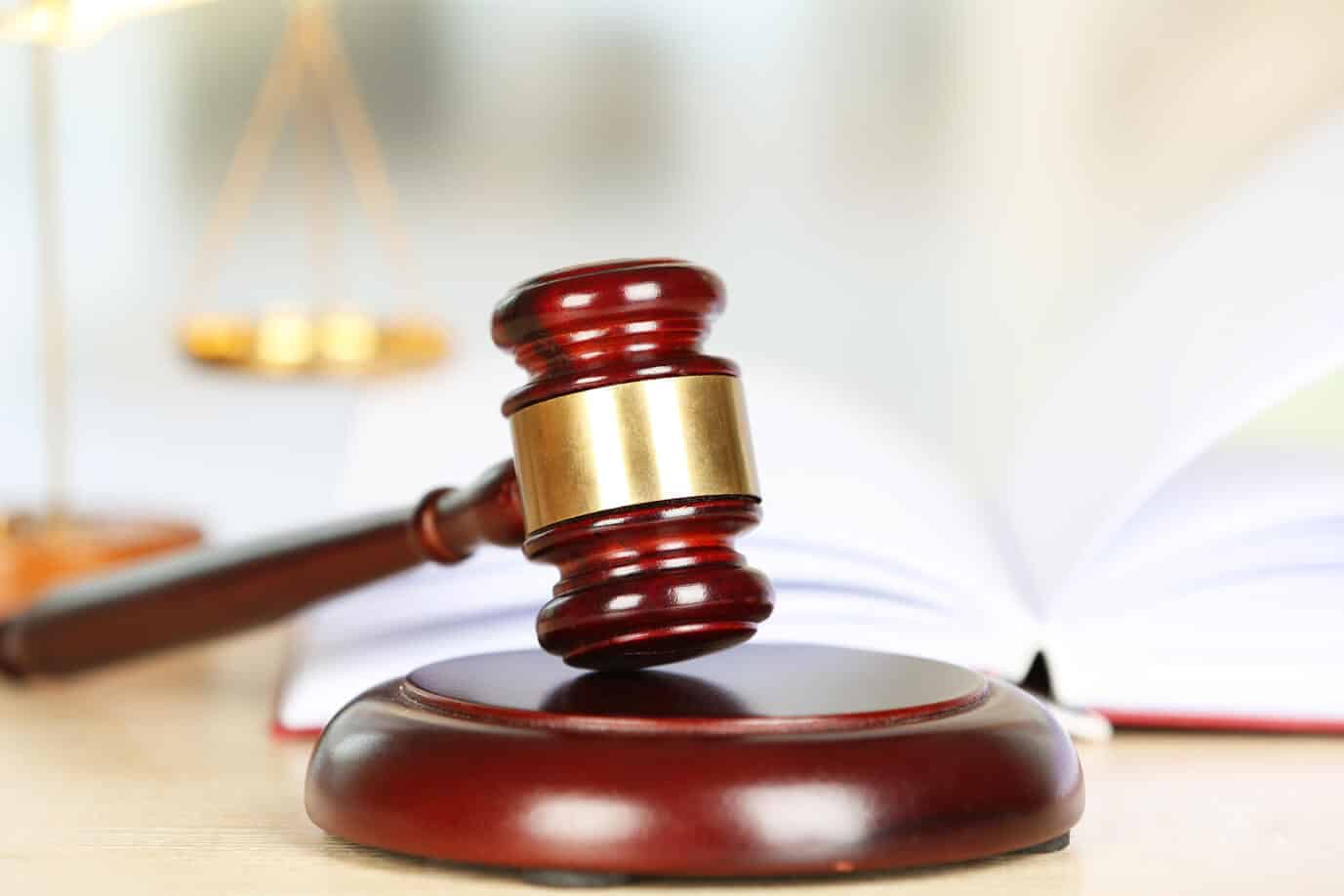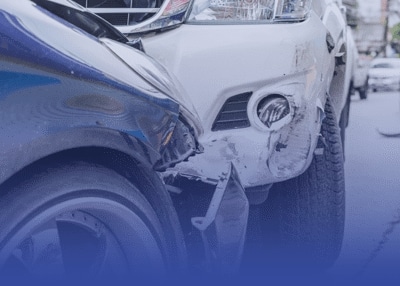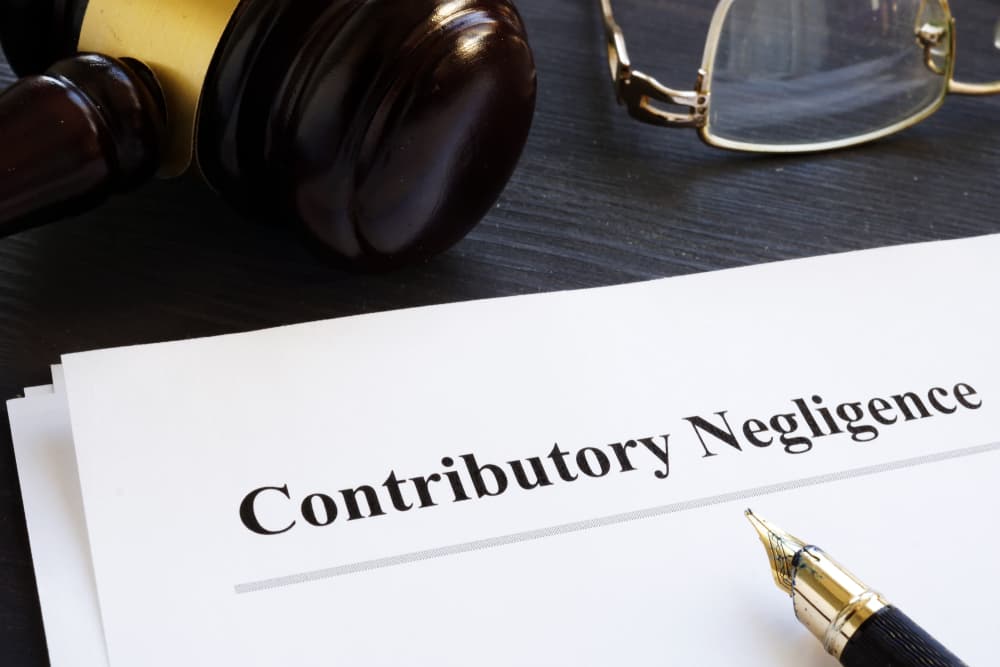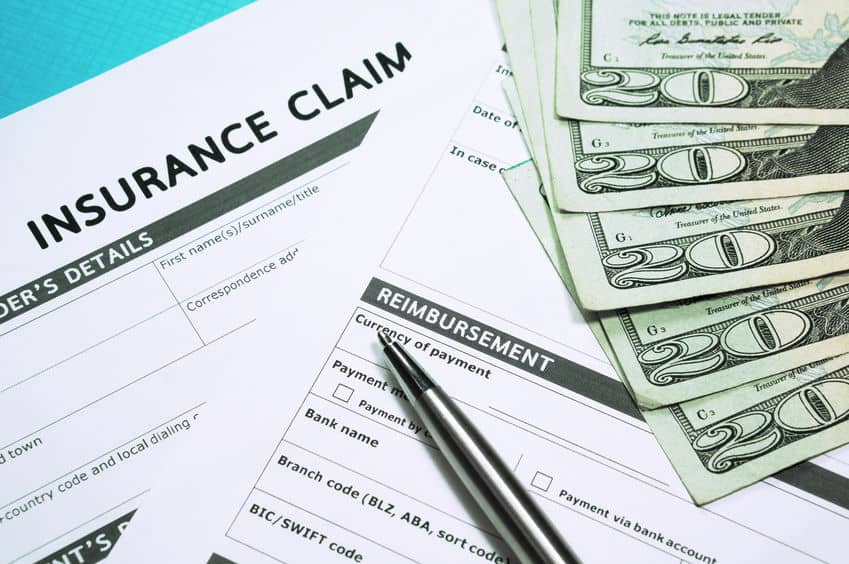1 November, 2021

Written by The Barnes Firm, reviewed by Richard Barnes

Rich Barnes
President
Most of the time, personal injury claims are resolved once a settlement agreement has been reached between the accident victim and the insurance company. When this is the case, the amount of compensation you receive is limited to the settlement amount, even if you feel you’ve conceded more than you thought you should have or you later discover that you had damages in excess of this award. However, there are a few select circumstances that allow you to pursue a lawsuit to claim compensation after a settlement is accepted. The Barnes Firm’s top injury lawyers have outlined everything you need to know.
In most cases, the at-fault party’s insurance company will require the victim to sign a liability waiver or release form. This legally binding document not only dictates the amount of money the plaintiff will receive but also states that the victim must forfeit their right to take any further legal action against the at-fault party for damages resulting from the same accident. Most release of liability agreements also state that, upon signing, you free the other party from the claims against them and that the settlement funds you receive fully satisfy all claims.
If you sign this release, you usually cannot take further legal action against the defendant or insurance company. An attorney can help you understand the terms to which you’re agreeing.
In some rare exceptions, you may still be able to file a lawsuit after agreeing to a settlement. This includes:
In general, you’re unlikely to be able to sue the at-fault party after a settlement unless a rare exception is met. Even then, these exceptions can be difficult to substantiate without the help of an expert personal injury lawyer. If you suspect something is amiss, contact a professional as soon as possible.
The implications of agreeing to a liability release as part of a settlement can be significant. For instance, if you discover that your injuries were worse than you initially thought, it may be too late. That’s why it’s so important that you take all the necessary steps to protect your rights before signing the waiver. This includes:
Ultimately, it would be beneficial for you to slow down and take the appropriate steps to fully assess the value of your injuries before hastily signing any forms. No matter where you stand, it would be in your best interest to seek the advice of an expert personal injury attorney. Having a lawyer on your side who has experience helping other accident victims will provide you with a better sense of the value of your claim.
If you’ve been offered a settlement for your accident claim, it’s important that you speak to an experienced personal injury attorney who can help you fully understand your options. Even if you have already accepted a settlement from the insurance company, you may still be able to recover additional compensation. The legal team at The Barnes Firm will launch an investigation into your case and the circumstances leading up to your injury in order to provide you with the soundest case possible.
At The Barnes Firm, our lawyers have a proven track record and have helped clients get millions of dollars in compensation from settlements and verdicts. We’ll work tirelessly to get you the maximum compensation you deserve. To schedule a free consultation with our knowledgeable personal injury attorneys, call The Barnes Firm or fill out our online contact form today.
The Barnes Firm (800) 800-0000
“As President of The Barnes Firm, I have dedicated my career to achieving justice in hundreds of cases for the victims of injuries caused through the fault of others. Additionally, I have been honored to have been elected Best Lawyer and a Super Lawyer”
Years of Experience: 30+ years

The Barnes Firm is here to help you. Our personal injury firm helps individuals and their families who
have suffered an injury in an accident.

Whether your car crash was minor or serious, any injuries sustained in an accident can be painful and costly.

All motorcycle accidents are different, the compensation you receive will depend on the circumstances surrounding your accident.

A truck accident can be catastrophic, even in low-impact crashes, if you or your family are involved, you may be entitled to significant financial compensation.

There are dozens of accidents involving school buses each year, most commonly, involving children outside a school bus.
Explore Articles Related to Your Situation

Contributory Negligence vs. Comparative Fault Personal injury cases can be complicated, especia...
read more
Terms to Know When Filing a Personal Injury Claim If you’ve suffered an injury due to someone...
read more
The compensation you receive from an insurance company is vital in your road to recovery. You c...
read more
On average, thousands of motorists are injured each year in New York & California alone. No...
read moreWe are always available to discuss your case. Give us a call at (800) 800-0000.
Fill out our form and we will contact you shortly to discuss your case
Our attorneys will come to your home, office or hospital at your convenience.
We are available anytime, including after hours and
weekends.
420 Lexington Avenue
Suite #2140
New York, NY 10170
Phone: (800) 800-0000
Fax: +1 (800) 853-5153
600 Old Country Road
Suite #425
Garden City, NY 11530
Phone: (800) 800-0000
Fax: +1 (800) 853-5153
500 Pearl Street
Suite #700
Buffalo, NY 14202
Phone: (800) 800-0000
Fax: +1 (800) 853-5153
451 Grider Street
Buffalo, NY 14215
Phone: (800) 800-0000
Fax: +1 (800) 853-5153
28 East Main Street
Suite #600
Rochester, NY 14614
Phone: (800) 800-0000
Fax: +1 (800) 853-5153
633 West 5th Street
Suite #1750
Los Angeles, CA 90071
Phone: (800) 800-0000
Fax: +1 (888) 800-7050
555 12th Street
Suite #1470
Oakland, CA 94607
Phone: (800) 800-0000
Fax: +1 (888) 800-7050
655 W. Broadway
Suite #940
San Diego, CA 92101
Phone: (800) 800-0000
Fax: +1 (888) 800-7050